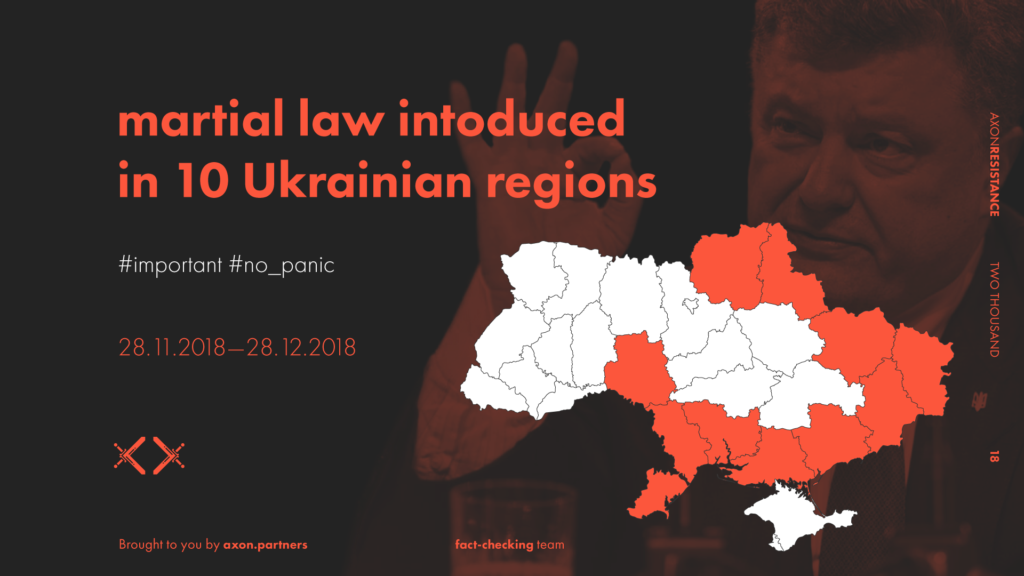Crowd Investing, or Many a Little Makes a Mickle
Have you ever thought of trying on the role of a business angel? Or are you looking for investment opportunities for you startup? Now any of these is possible in the USA: in May 2016, Section 3 of Jumpstart Our Business Startups Act (JOBS Act) has finally been enforced, and cleared the thresholds for crowd investing.
Previously, the US laws provided for startups funding on the early stages only by investors authorized by the US Securities and Exchange Commission (SEC investor), i.e. by persons with at least 200 000 of annual income in US dollars, or holders of equity amounting to at least USD 1 million. Ordinary people could invest in startups only at Kickstarter or Indiegogo, in exchange for a souvenir, discount or the actual product, or had to wait for the IPO.
From now on, everyone, regardless of annual income, will be able to invest in startups, while startups are well-placed to attract more investors as soon as their businesses have been launched, and arrange mini-IPOs that require simple procedures.
If you own a company incorporated in the USA, you may start to attract investors on crowdfunding platforms, where only digital copies of documents are required, and there is no bureaucracy or paperwork. However, you should be aware of certain restrictions imposed by the JOBS Act.Non-professional investors are entitled to invest only up to UDS 2000, or 5% of their income, provided that the annual rate is less than USD 100 000 (up to 10%, if their income exceeds USD 100 000 per year). Authorized investors are free to invest more, provided that their annual income allows investing in risky ventures with minimum losses, if the business turns out to be unsuccessful.
In addition, startups can acquire up to USD 1 million per year through crowdfunding, though it may not be enough to operate. Otherwise, some investors will have to take their contributions back. Therefore, the final crowd investing reform in the US is still onwards. Just like in Ukraine. However, at first, we have to handle our ordinary investments, most significantly, in the context of corporate law, and then come over to crowdfunding that could have been already working like Kickstarter and Indiegogo.
Other post





